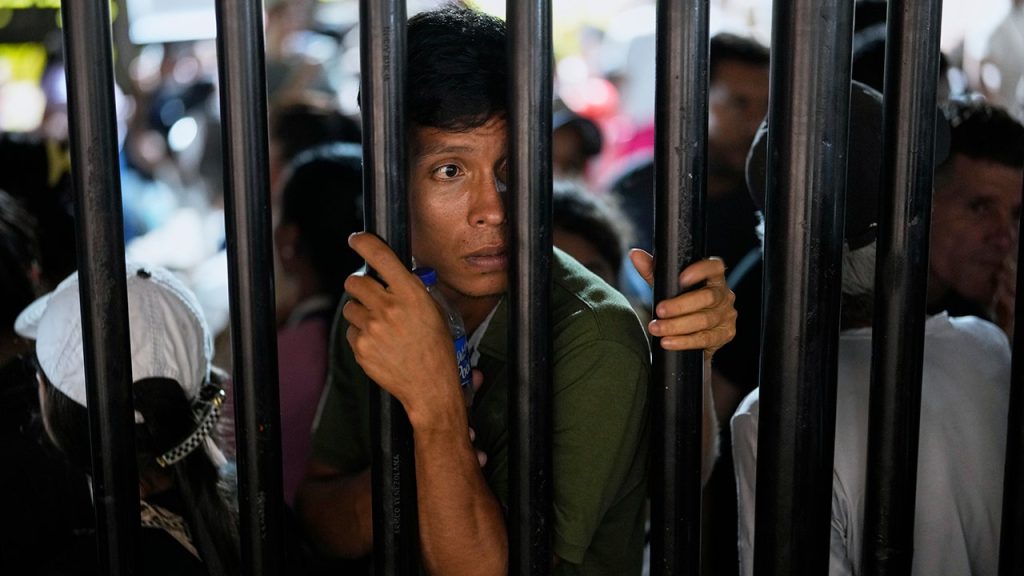The Catatumbo region of northeastern Colombia has been engulfed in a brutal wave of violence, leaving over 80 people dead and thousands displaced over a single weekend. The killings, concentrated in North Santander province along the Venezuelan border, followed the collapse of peace talks between the Colombian government and the National Liberation Army (ELN) guerrilla group. Among the victims were a community leader and seven individuals involved in the peace process, some of whom were reportedly kidnapped. The violence has spurred a mass exodus of terrified residents, with many seeking refuge in the mountainous terrain or government-run shelters, leaving behind their homes, livestock, and possessions.
The escalating conflict has left civilians caught in the crossfire, desperate for safety and assistance. F firsthand accounts paint a grim picture of families fleeing with nothing but the clothes on their backs, relying on any available transportation to escape the violence. Overwhelmed shelters struggle to accommodate the influx of displaced individuals, highlighting the urgent need for humanitarian aid. The Colombian government has initiated rescue operations, airlifting stranded families to safety, and is preparing to deliver essential supplies like food and hygiene kits to the affected communities.
Defense Minister Iván Velásquez, emphasizing the government’s commitment to protecting civilians, has deployed troops throughout the region and called upon armed groups to demobilize. However, the precarious security situation underscores the challenges of establishing peace in a region rife with long-standing conflicts and competing interests. Local officials have echoed the urgent plea for an end to the violence, emphasizing the devastating impact of displacement on communities and urging warring factions to return to the negotiating table. The fear of further escalation and the growing humanitarian crisis looms large over the region.
The breakdown of peace talks with the ELN marks a significant setback for the government’s efforts to quell violence in the country. This is the second time negotiations have collapsed in less than a year, underscoring the deep-seated complexities of the conflict. The government had suspended talks on Friday, demanding the ELN cease hostilities and permit access for humanitarian aid. The ELN, in turn, blames former members of the Revolutionary Armed Forces of Colombia (FARC) for the escalating violence. The Catatumbo region, strategically located along the border and a hub for coca cultivation, has become a battleground between the ELN and FARC dissidents vying for control.
The ELN, in a statement, claimed it had warned ex-FARC members against attacks on civilians, asserting that armed confrontation was the only recourse. They accused the former rebels of numerous killings, including the murder of a family with a nine-month-old infant earlier this year. This blame game further complicates the already volatile situation and underscores the difficulty of establishing accountability in a region marked by multiple armed actors. The ongoing clashes highlight the fragility of the 2016 peace deal with the FARC, which has failed to prevent the emergence of dissident groups that continue to fuel the cycle of violence.
The Colombian army has established a humanitarian corridor to facilitate the safe passage of displaced individuals and deployed specialized troops to urban centers facing heightened security risks. However, the pervasive fear among residents and the scale of displacement underscore the severity of the crisis. The ELN has previously engaged in peace negotiations with the government on five occasions, all of which have ultimately failed due to renewed violence. Their demands, including recognition as a political organization, have been met with resistance. The cyclical nature of these negotiations and the recurring outbreaks of violence raise serious doubts about the prospects for a lasting peace in the Catatumbo region.


